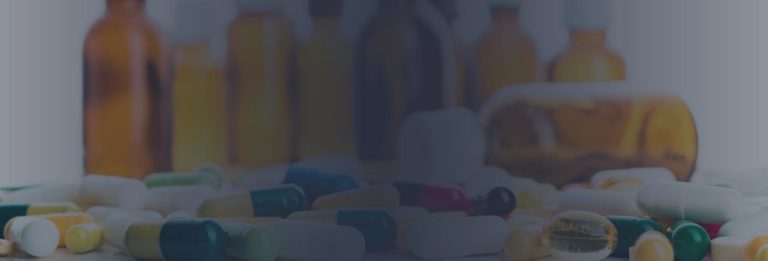It’s Not Okay: Why Pharmaceuticals Hurt Women More than Men, and What We Can Do To Make Women Safe Again

You could blame it on the human body. After all, women’s bodies respond differently to medications and may be more likely to suffer adverse drug events. Also, because of the different needs inherent in women’s bodies, women are prone to take more drugs, a fact that in itself puts the female half of our population at heightened risk for adverse drug events.
You could blame it on the human body – but that would be a lie.
The truth is, pharmaceutical drugs and devices hurt women more than men because the pharmaceutical industry has historically cared more about profit than women’s health.
The sad thing is, this isn’t new. Nope, throughout modern history, pharmaceutical companies have been selling products that were poorly studied and dangerous to the female patient. From the get-go, women have been consistently underrepresented in drug and medical device evaluations, just as distributors have rushed these products to market. Even worse, think a big-name company would never market a drug they knew was dangerous or play down its dangers in advertisements? Well, think again. This has been happening for a long time.
In 1975, hormone replacement therapies such as premarin, the popular estrogen supplement marketed by Ayerst Laboratories since 1942, were reported by the New England Journal of Medicine to have strong ties to cancer of the uterus. Later, in 1989, hormone replacement therapies were found to be tied to breast cancer. Yet from 1975 on the marketing never slowed, instead, hormone replacement therapy manufacturers spent millions hiding the concerns and promoting supposed benefits.
And in 1971 A.H. Robins introduced the contraceptive intrauterine device (IUD) Dalkon Shield to the market —a medical device known to have fatal flaws. Over 230,000 women suffered miscarriages, infertility, stillbirths, pelvic infections and even death.
We think it’s time to change.
It’s time that drugs manufactured for and marketed to women are fully tested and it’s time for pharmaceutical companies to speak honestly: If their drug or medical device is unsafe for women in any way, they need to let women know – not after the urging of the FDA and not after hundreds of lawsuits; no, they need to let women know of any adverse side effects as soon as they get wind of them.
So how can you help affect this change? If you have been harmed by a drug or medical device it is important to contact an attorney to learn if the drug you took had “hidden” safety issues. If so, see if you can be a part of a lawsuit against the drug manufacturer.
A lawsuit is a powerful way to tell the pharmaceutical companies that It Is Not Okay.
We will not take disproportionate care any longer. Are you with us?
To read more about the pharmaceutical industries’ unequal harm to women, please visit https://www.justice.org/sites/default/files/file-uploads/AAJ_Unequal_Harm_0.pdf.
Baron & Budd is now representing women who have been harmed by Lipitor, Transvaginal Mesh and the NuvaRing. If you have been harmed by these or another drug we would like to hear from you. Contact us here.
